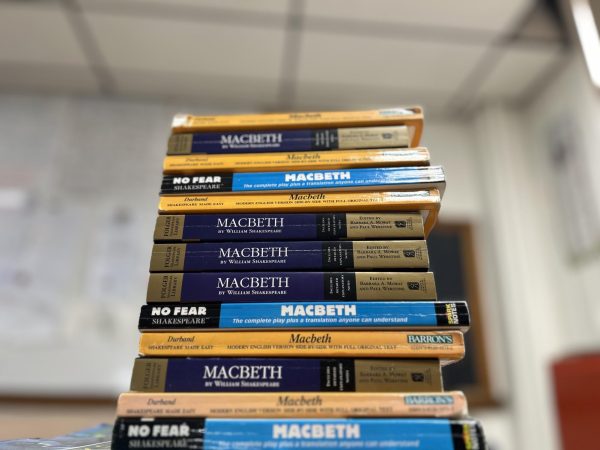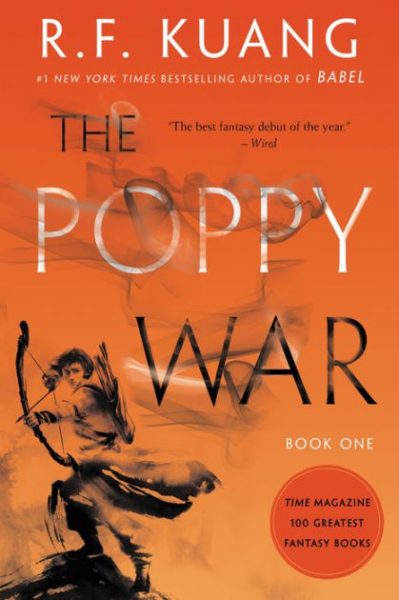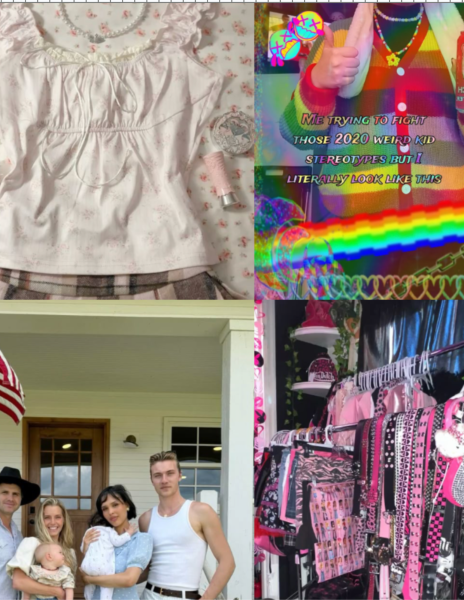All the Bright Places Review
All the Bright Places is a Netflix original movie starring Elle Fanning and Justice Smith, adapted from the book by Jennifer Niven. Smith plays Theodore Finch, a bullied 18-year-old high school senior with bipolar disorder who falls in love with popular girl Violet Markey (Elle Fanning) who is still reeling from the recent death of her sister.
All the Bright Places deals with themes of mental illness, making it a sensitive subject for Netflix to tackle. In the past, Netflix has gotten backlash for shows such as 13 Reasons Why, which was cancelled in its fourth season after upsetting viewers due to content involving graphic scenes with sexual assault, bullying, depression, and romanticizing suicide. Coming fresh out of that catastrophe, Netflix is already in hot water, so the fact that they chose this book to be their next original movie seems risky. The movie has no trigger warnings, which I suppose aren’t necessary, but it does deal with themes of suicide, would be nice so viewers sensitive to this topic know what they’re getting into.
I really enjoyed the book, so going into the movie I have to admit I was slightly biased and had high expectations. They were not met.
First of all, many important details were left out, like Finch’s toxic relationship with his father, and weekly visits to him and his new family that contribute to his declining mental health. In the film, his father was rarely mentioned, never seen, and allegedly lived in another town.
Next, the beginning of the book is centered around he and Violet meeting on the roof of their school, whereas in the movie, it’s a bridge. This begins their relationship because Violet’s ‘popular’ friends at school see them together and assume Violet saves Finch, when really it’s the other way around, which is a recurring theme throughout the novel.
The last big difference I noticed was that in Jennifer Niven’s book, Finch has two sisters, one older, one younger, but in the film, he has only one older sister.
These discrepancies might not be noticeable or even matter to a viewer who hasn’t read the original book, and I wish I had the impartiality of that someone, but unfortunately I don’t. I believe many of these details caused the movie to fall short when it came to really understanding the characters, particularly the dynamic between Violet and Finch struggling with love and mental illness.
As for the acting, I believe Justice Smith lacked the depth to play this character, particularly since his movie portfolio includes pretty much exclusively action/thriller movies. The missing depth of his character added to the romanticizing of bipolar disorder when it comes to accurately portraying how it affected himself and his relationships. Overall, I would have to say I slightly regret watching the movie after I enjoyed the book so much. I think the movie could’ve been better executed with more attention to detail, and mindfulness around the topics it dealt with.
My name is Sophia, I’m a Junior, and this is my first year on the Lance. I play tennis, and I’m in Badminton and Key Club. I like photography and...




